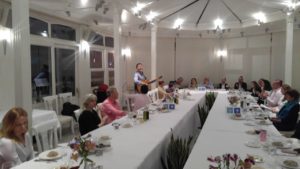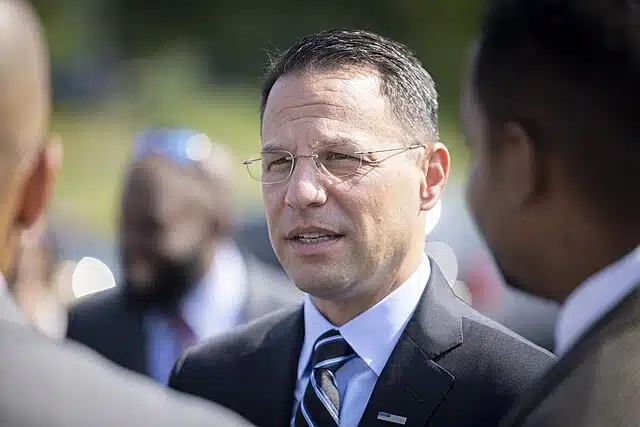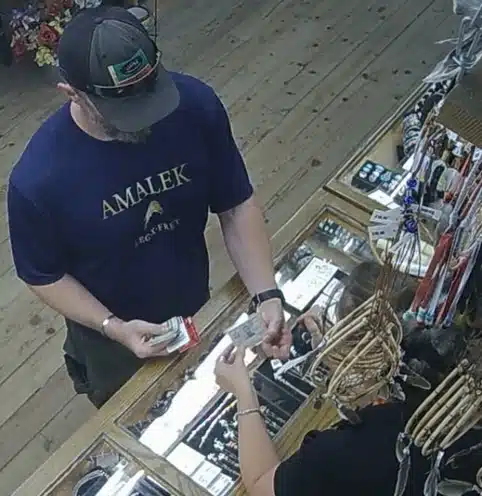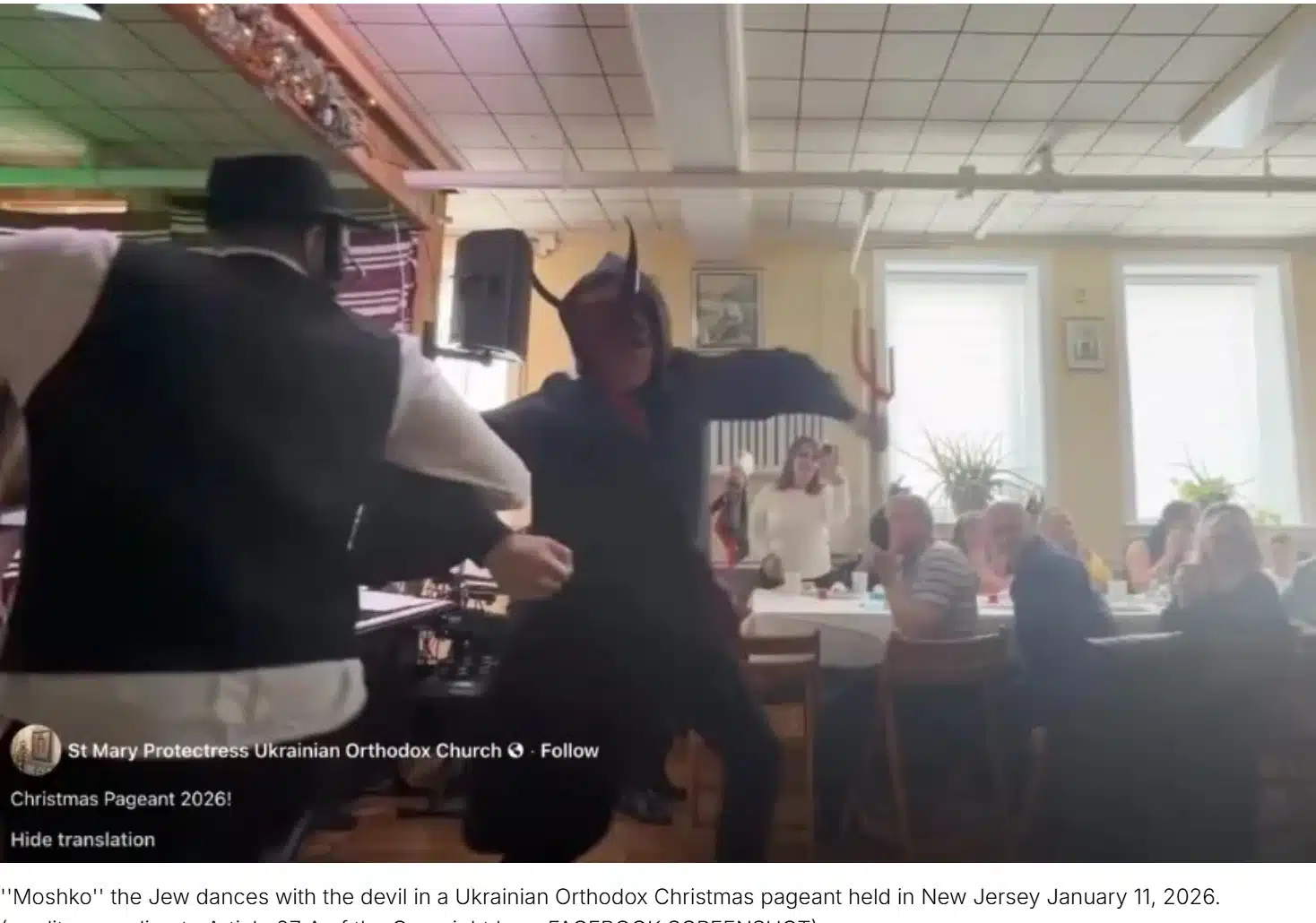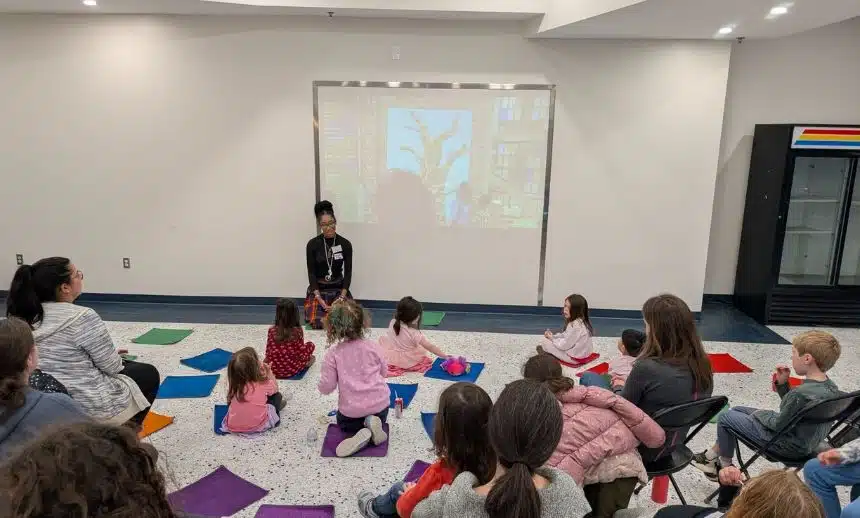
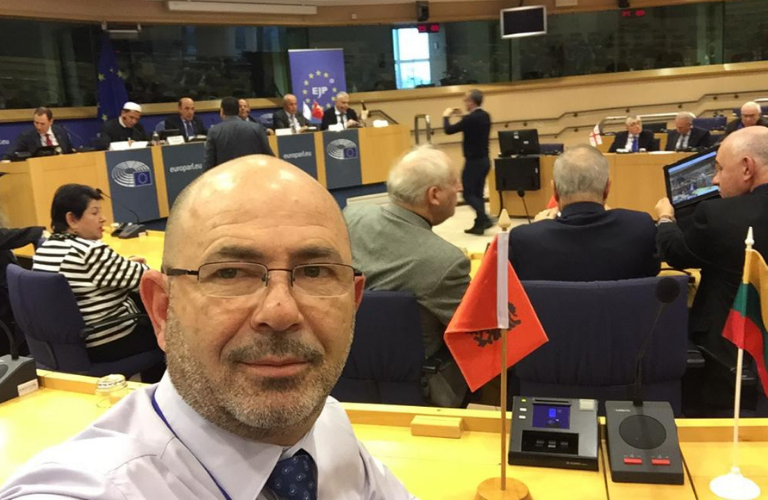
An Oasis for the Jews: Jewish Community Leader Discusses Life in Albania
On October 28, 2020, the Parliament of the Republic of Albania, in partnership with the Combat Anti-Semitism Movement (CAM) and the Jewish Agency for Israel, will host the 2020 Balkans Forum Against Anti-Semitism. In advance of this special occasion, CAM spoke to the head of Albania’s Jewish community, comprising under 50 members out of a population of 3 million, a majority of whom are Muslim.
Geront Koreta was born in 1968 in Vlora, a coastal city in southern Albania. Historically it was home to the center of Albania’s Jewish community. In the 1920s and 1930s, Jewish merchants of Romaniote origin travelled there from Ioannina in northern Greece. Koreta’s grandfather and grandmother were both tailors. “They saw it was a good place for business and stayed in Vlora,” developing good relations with their neighbors. Reports from the time concur. In 1935, a British Zionist journalist named Leo Elton travelled to Albania and sent his observations to the Hebrew University. He advocated for the establishment of a Jewish national entity in Albania, writing that tens of thousands of Jewish immigrants would be welcome in the country thanks to the friendliness of the Muslim population.
Neighborly relations between Jews, Muslims, and Christians paid off in ways no one could have foreseen. At the height of the Nazi genocide against the Jews, Albanians from all walks of life went above and beyond to save the country’s Jewish population.
“What happened in Albania is really very special,” Koreta explains. Jews fled from neighboring countries—Serbia, Macedonia, Kosovo—into Albania, on the run from the Nazis. “The Germans were asking for lists, and in Greece or Serbia the people were giving them lists of Jewish residents. In Albania, this did not happen.”
Albania has 75 recognized “righteous among the nations” who saved approximately 2000 Jewish people during the Holocaust. Relative to the population, this means that a Jew was at least 10 times more likely to have been saved in Albania than in Poland or Lithuania. Koreta explains that Albanians hid Jewish people “in their houses, in mountains, everywhere.”
Why did they act so courageously when no one else would? Some credit the country’s local code of honor and conduct, known in Albania as “Besa.” “The code says if somebody visits you then your house belongs to him, not to you.” However, Koreta think that more important than this code is the Albanian tradition of tolerance towards peoples of different faiths. “It’s more of a humane attitude. It wasn’t just “okay, you can stay in my home.” They really sheltered them.” Albania was the only country in Europe to have more Jews in 1945 than in 1939.
Koreta explains that due to the country’s communist history, religious observance in Albania is not the norm. “We know each other very well but we are not religious at all because of the history. Growing up, I knew my grandmother was lighting candles for Sabbath. But I didn’t know exactly why. It was very dangerous to talk about religion in Albania.”
The community remained intact until 1991 when, amid the collapse of the Soviet Union, the majority of the Jewish community made Aliyah to the state of Israel, apart from just three or four families, Koreta says. However, year by year, some began returning.
Koreta himself came back from Israel in 2007, along with other families from Israel and some from Germany. Today, he is part of close-knit community comprising 40 to 50 individuals, Albania’s Jewish community does not have a synagogue, but it does meet for social gatherings and celebrations. “The main thing is that we are good friends. We celebrate together at least two or three times per year. Mostly Pesach, Chanukah, maybe Shavuot.”
What about anti-Semitism? Koreta is grateful that Albania’s Jewish community enjoys excellent relations with its neighbors. “If you see the history, then you understand that to be a Jew in Albania people won’t see you and be anti-Semitic towards you. They will see you with sympathy.”
Nonetheless, Koreta notes that anti-Semitism always exists in the dark corners of society, where conspiracy theories flourish. “Anti-Semitism is not just breaking the house of the Jews. It happens in online forums where you can see some messages that are anti-Semitic.” He adds that anti-Semitism is more of a heightened problem in other nations in the Balkans region.
Overall, Koreta is hopeful about the positive impact of the 2020 Balkans Forum Against Anti-Semitism. “I don’t think that something we do will change the whole picture in a moment. But there a lot of steps that we can do day by day. This is one of these very positive steps.”
The 2020 Balkans Forum Against Anti-Semitism will take place on October 28, 2020, at 11:00 AM EDT. Sign up here: https://balkans.combatantisemitism.org/

